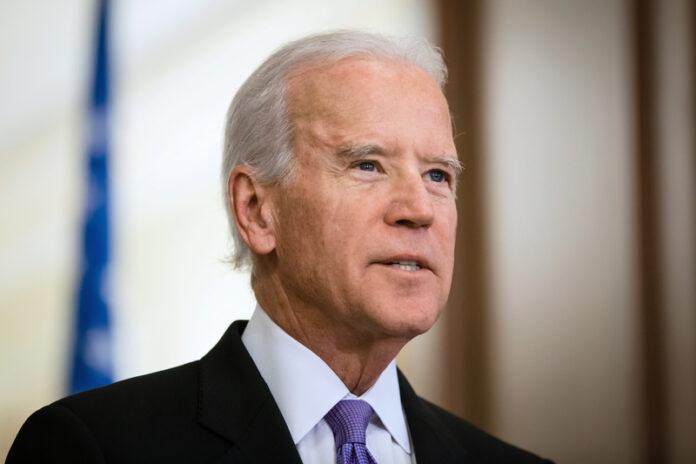President Joe Biden is considering the extraordinary measure of issuing preemptive pardons in an effort to shield potential targets from prospective retaliation by former President Donald Trump. This act would mark a substantial extension of the presidential pardon authority, offering clemency to individuals who are yet to face criminal charges.
Formal talks on this controversial initiative have been initiated by the White House counsel’s office to protect various high-profile critics of Trump. Among those being considered for protection are Mark Milley, ex-Chairman of the Joint Chiefs of Staff, previous Representative Liz Cheney, and Anthony Fauci, former White House Chief Medical Adviser.
President Biden and his senior team have deliberated over this possibility, but no final decisions or lists have been established. The administration has been approached by individuals expressing concerns about becoming investigation targets under a potential future Trump administration.
Preemptive pardons, while uncommon, are not without precedent in U.S. politics. Notable instances include President Gerald Ford’s pardon of Richard Nixon, his predecessor, in the aftermath of the Watergate scandal and President Jimmy Carter’s pardon of Vietnam War draft evaders.
This consideration of preemptive pardons follows President Biden’s recent unreserved pardon of his son, Hunter Biden, a move that has sparked controversy. Senior officials have expressed fears that a future Trump-led Justice Department might start investigations that could damage the reputation and finances of their targets, regardless of whether these lead to prosecutions.
Kash Patel, Trump’s nominee for FBI Director, has already hinted at payback against those who were previously seen as opposing Trump. Among the potential candidates for preemptive pardons is Senator-elect Adam Schiff, who led the initial impeachment proceedings against Trump.
While the Supreme Court has interpreted Biden’s pardoning power as “plenary” and not subject to legislative restriction, some former Justice Department officials have warned that preemptive pardons could imply guilt. Progressive groups are also urging President Biden to focus clemency efforts on incarcerated Americans rather than potential targets of Trump.
It’s critical to remember that while presidential pardons provide protection against federal prosecutions, they do not protect individuals from state-level criminal cases or congressional investigations. Some Biden aides have voiced concerns that this unprecedented use of pardons could set a precedent for future presidents to further expand the use of pardon powers.

